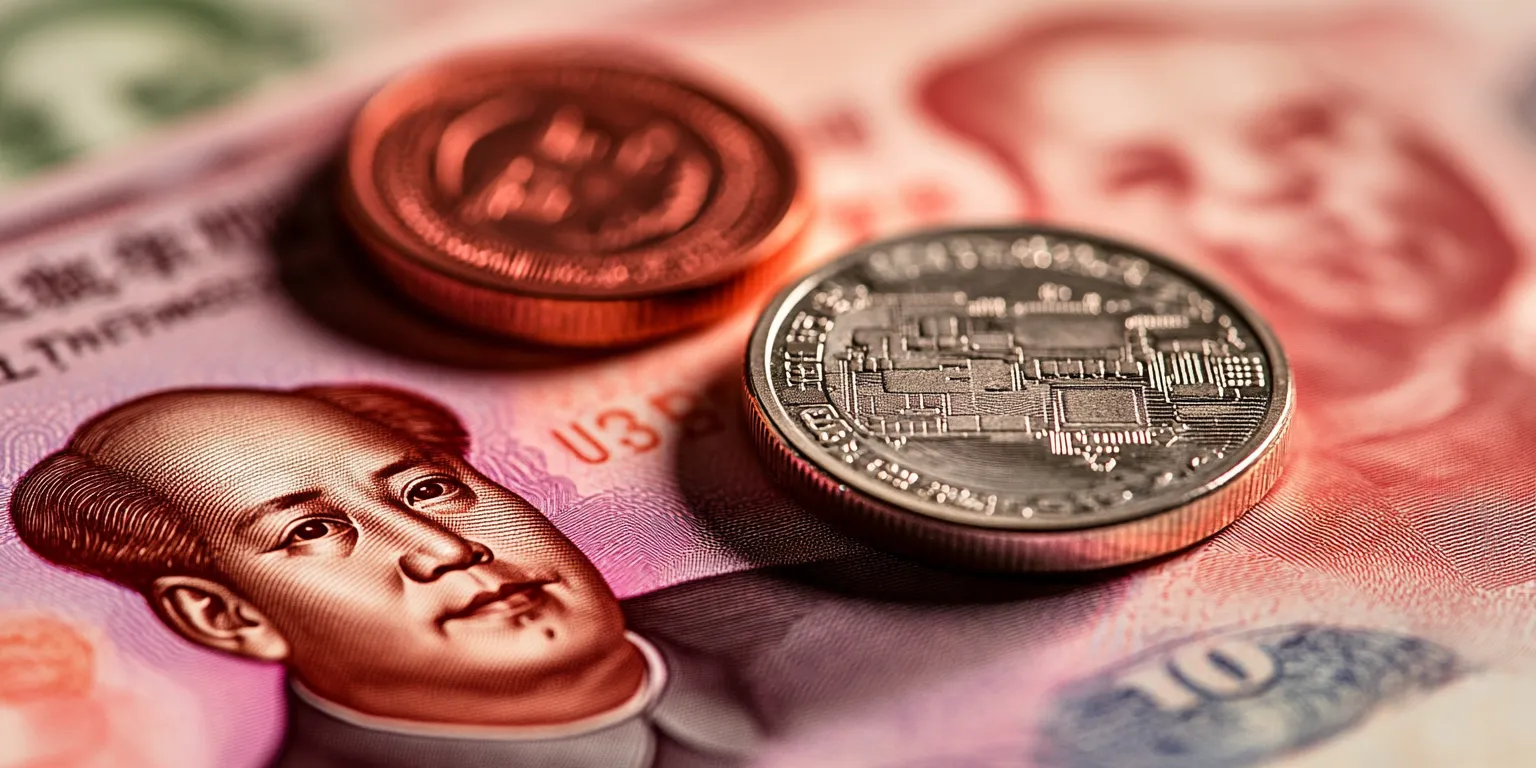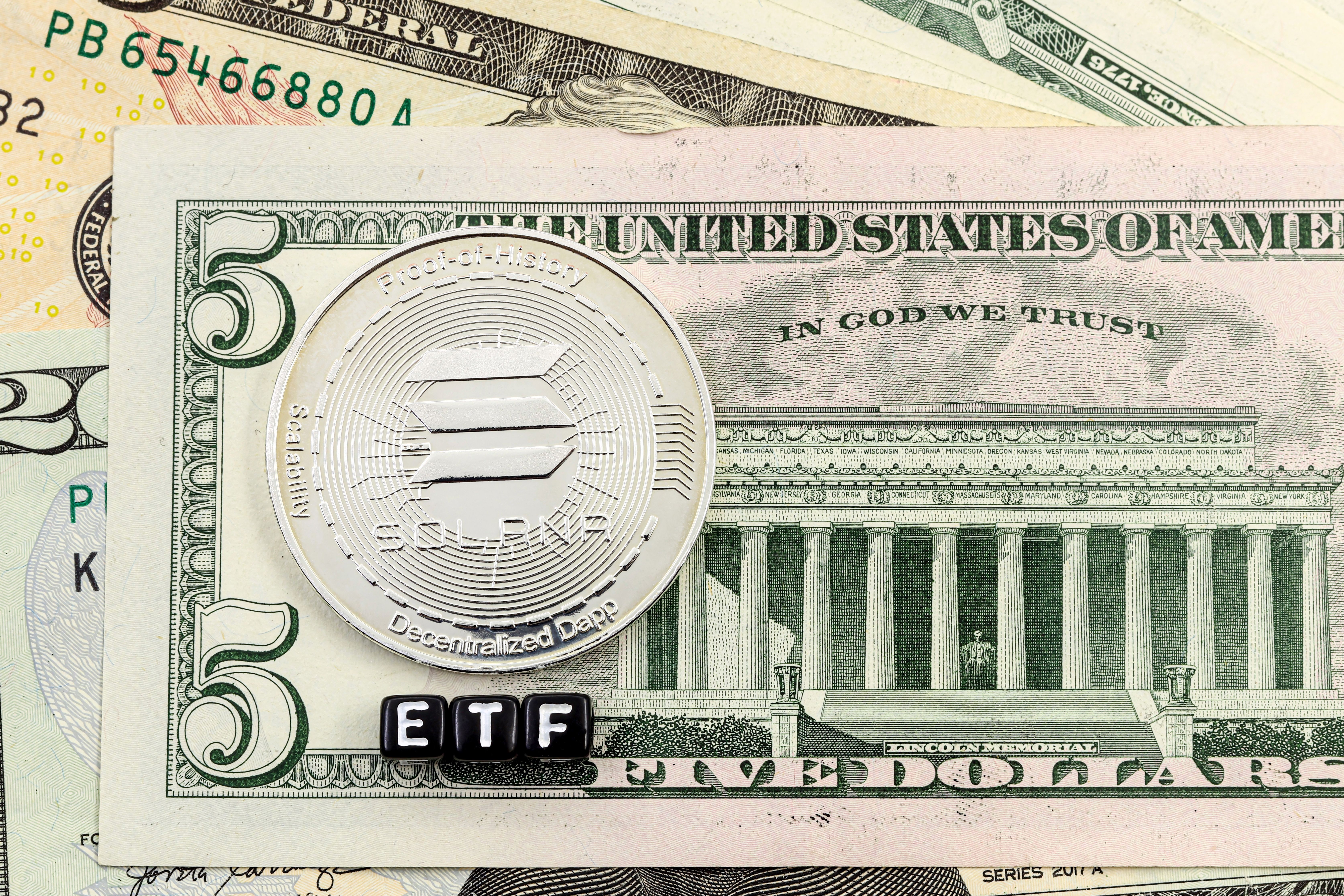China Orders Brokerages to Halt Stablecoin Promotions Amid Crypto Ban

- China bans brokerages and think tanks from stablecoin seminars and research.
- Officials fear stablecoins could become new fraud vehicles in mainland China.
- Despite bans, OTC crypto trading hits $75B; Hong Kong grows as digital asset hub.
China’s financial regulators have ordered brokerages and think tanks to cancel seminars and cease publishing research on stablecoins, according to Bloomberg sources cited by Reuters.
Authorities are concerned that stablecoins could become a new vehicle for fraud and want to prevent investors from rushing into such assets without fully understanding the risks.
Despite the prohibitions
This move comes amid an ongoing general ban on all cryptocurrency transactions within mainland China. Despite these restrictions, over-the-counter (OTC) trading of digital assets reached $75 billion in the first nine months of 2024, according to Chainalysis, indicating that crypto activity continues through informal channels.
In contrast to the mainland restrictions, Chinese regulators are supporting the development of Hong Kong as a regional hub for digital assets. Bloomberg reports that the city has licensed 11 cryptocurrency exchanges and 44 companies authorized to trade digital assets, including several firms with Chinese state support.
Christopher Wong, a currency strategist at Oversea-Chinese Banking Corp., commented on the regulators’ approach: Chinese authorities are pragmatic and aim to avoid a “herd mentality” among investors, discouraging excessive hype and unsophisticated speculation.
Notably, in March, Bitcoin Magazine CEO David Bailey reported that China is actively working to create its own strategic bitcoin reserve, highlighting the government's nuanced stance toward digital currencies amid strict regulations.
This multifaceted approach reflects China’s cautious but strategic engagement with cryptocurrencies, balancing risk management on the mainland with fostering innovation and control through Hong Kong’s financial ecosystem.
Read More

Grayscale, Fidelity, Others Update Solana ETF Filings With Staking as Analysts Eye $400
China Orders Brokerages to Halt Stablecoin Promotions Amid Crypto Ban

- China bans brokerages and think tanks from stablecoin seminars and research.
- Officials fear stablecoins could become new fraud vehicles in mainland China.
- Despite bans, OTC crypto trading hits $75B; Hong Kong grows as digital asset hub.
China’s financial regulators have ordered brokerages and think tanks to cancel seminars and cease publishing research on stablecoins, according to Bloomberg sources cited by Reuters.
Authorities are concerned that stablecoins could become a new vehicle for fraud and want to prevent investors from rushing into such assets without fully understanding the risks.
Despite the prohibitions
This move comes amid an ongoing general ban on all cryptocurrency transactions within mainland China. Despite these restrictions, over-the-counter (OTC) trading of digital assets reached $75 billion in the first nine months of 2024, according to Chainalysis, indicating that crypto activity continues through informal channels.
In contrast to the mainland restrictions, Chinese regulators are supporting the development of Hong Kong as a regional hub for digital assets. Bloomberg reports that the city has licensed 11 cryptocurrency exchanges and 44 companies authorized to trade digital assets, including several firms with Chinese state support.
Christopher Wong, a currency strategist at Oversea-Chinese Banking Corp., commented on the regulators’ approach: Chinese authorities are pragmatic and aim to avoid a “herd mentality” among investors, discouraging excessive hype and unsophisticated speculation.
Notably, in March, Bitcoin Magazine CEO David Bailey reported that China is actively working to create its own strategic bitcoin reserve, highlighting the government's nuanced stance toward digital currencies amid strict regulations.
This multifaceted approach reflects China’s cautious but strategic engagement with cryptocurrencies, balancing risk management on the mainland with fostering innovation and control through Hong Kong’s financial ecosystem.
Read More

